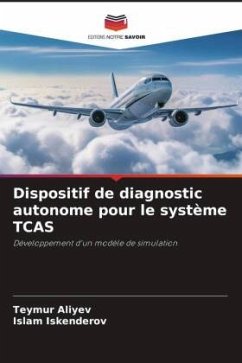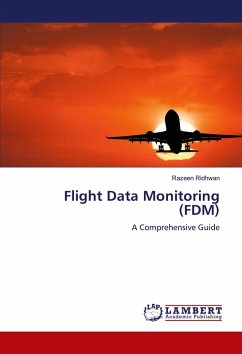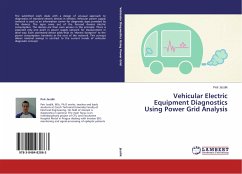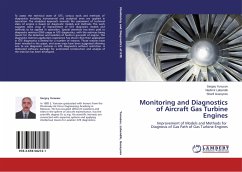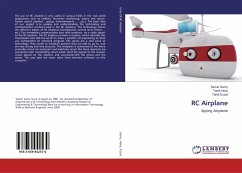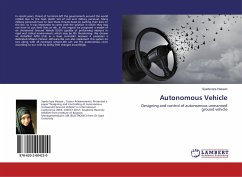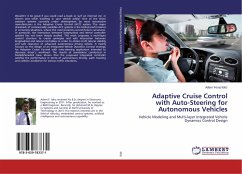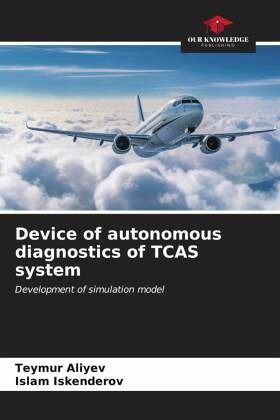
Device of autonomous diagnostics of TCAS system
Development of simulation model
Versandkostenfrei!
Versandfertig in 6-10 Tagen
33,99 €
inkl. MwSt.

PAYBACK Punkte
17 °P sammeln!
During the process of automatic diagnostics of TCAS system, it is implied to monitor the current readings on the main leads by means of non-contact current meters. Analyzing the trend of technology development through the use of non-contact current measurement sensors indicates that sensors of this type are in high demand nowadays in many industries. Application of non-contact sensors will give the opportunity to develop a scheme of autonomous control by installing sensors on the current bus without stopping the production of a common on-board TCAS system. The vast majority of non-contact curr...
During the process of automatic diagnostics of TCAS system, it is implied to monitor the current readings on the main leads by means of non-contact current meters. Analyzing the trend of technology development through the use of non-contact current measurement sensors indicates that sensors of this type are in high demand nowadays in many industries. Application of non-contact sensors will give the opportunity to develop a scheme of autonomous control by installing sensors on the current bus without stopping the production of a common on-board TCAS system. The vast majority of non-contact current sensors utilize the Hall effect principle of current sensing. This determines the main positive aspects of these sensors: their high sensitivity, galvanic isolation between the power and measuring circuits, no need to open the circuit to connect the sensors, a fairly wide range of operating temperatures.



